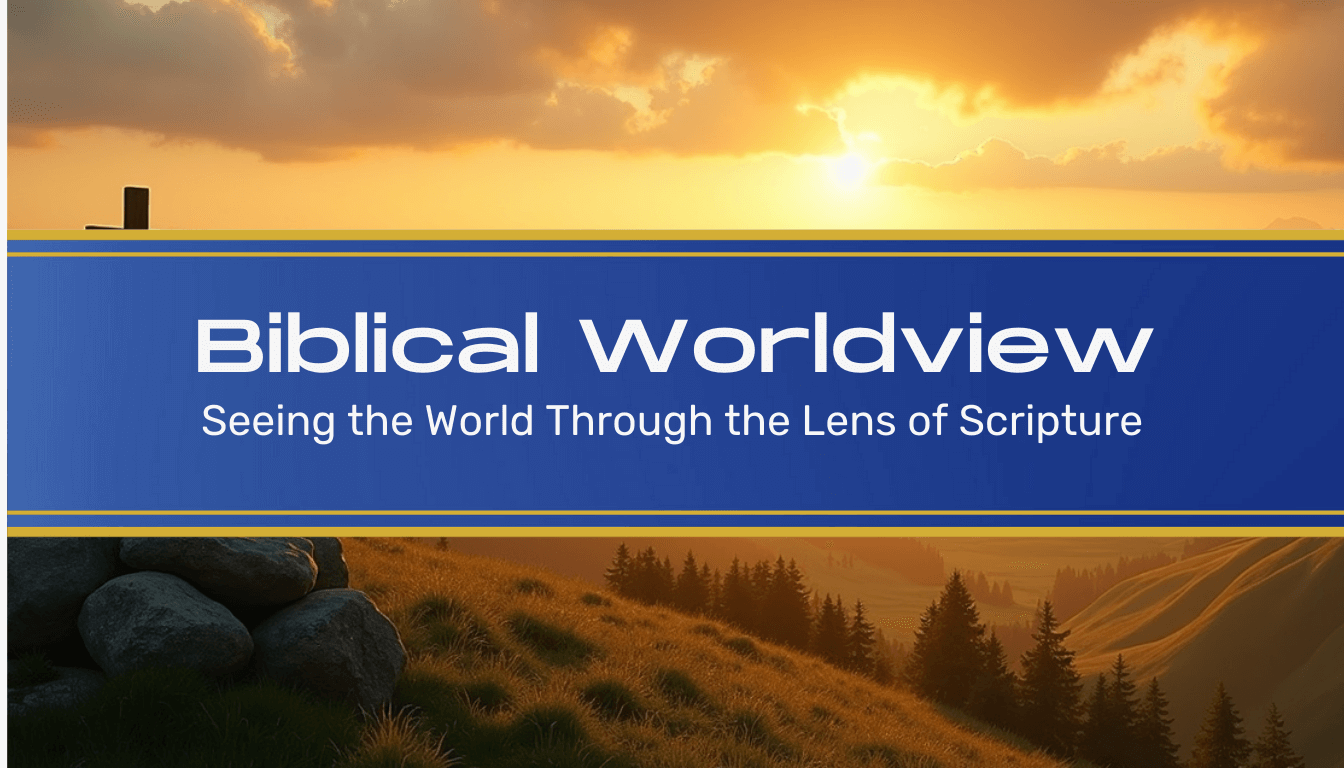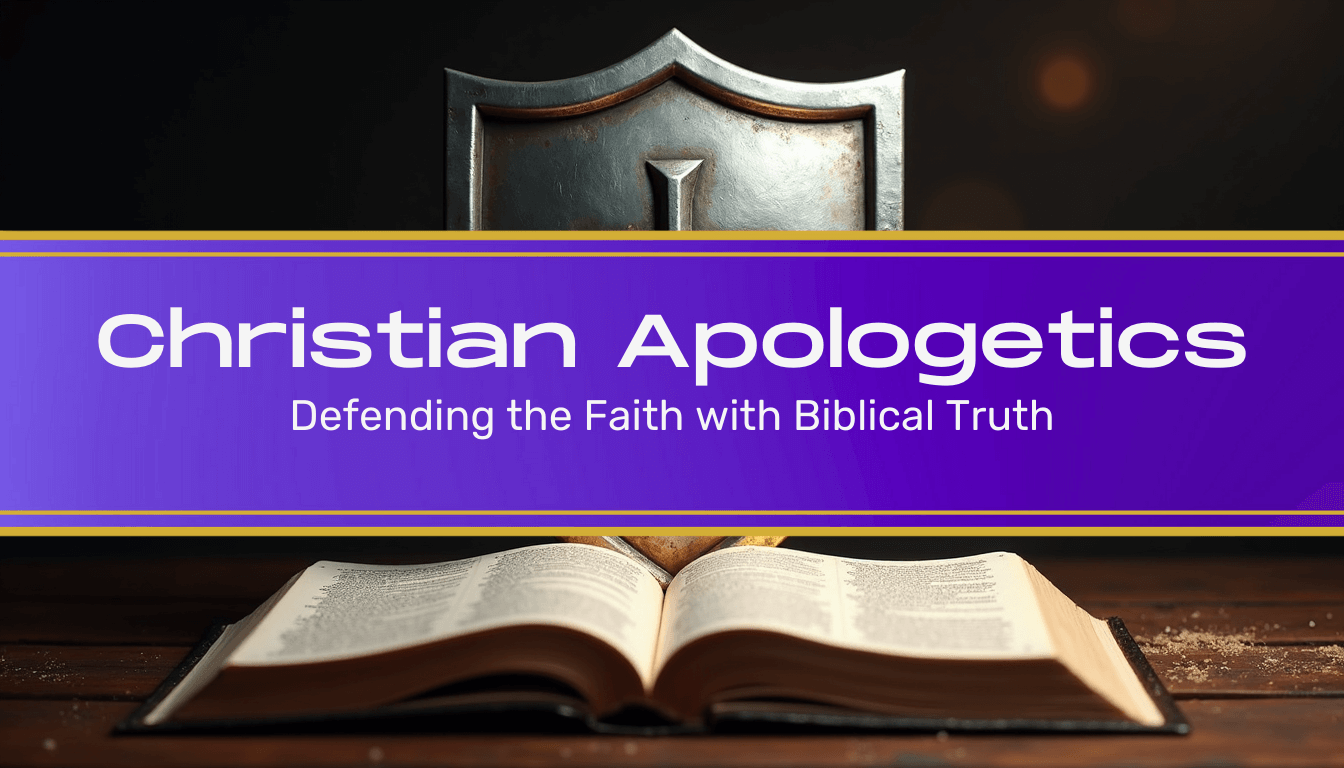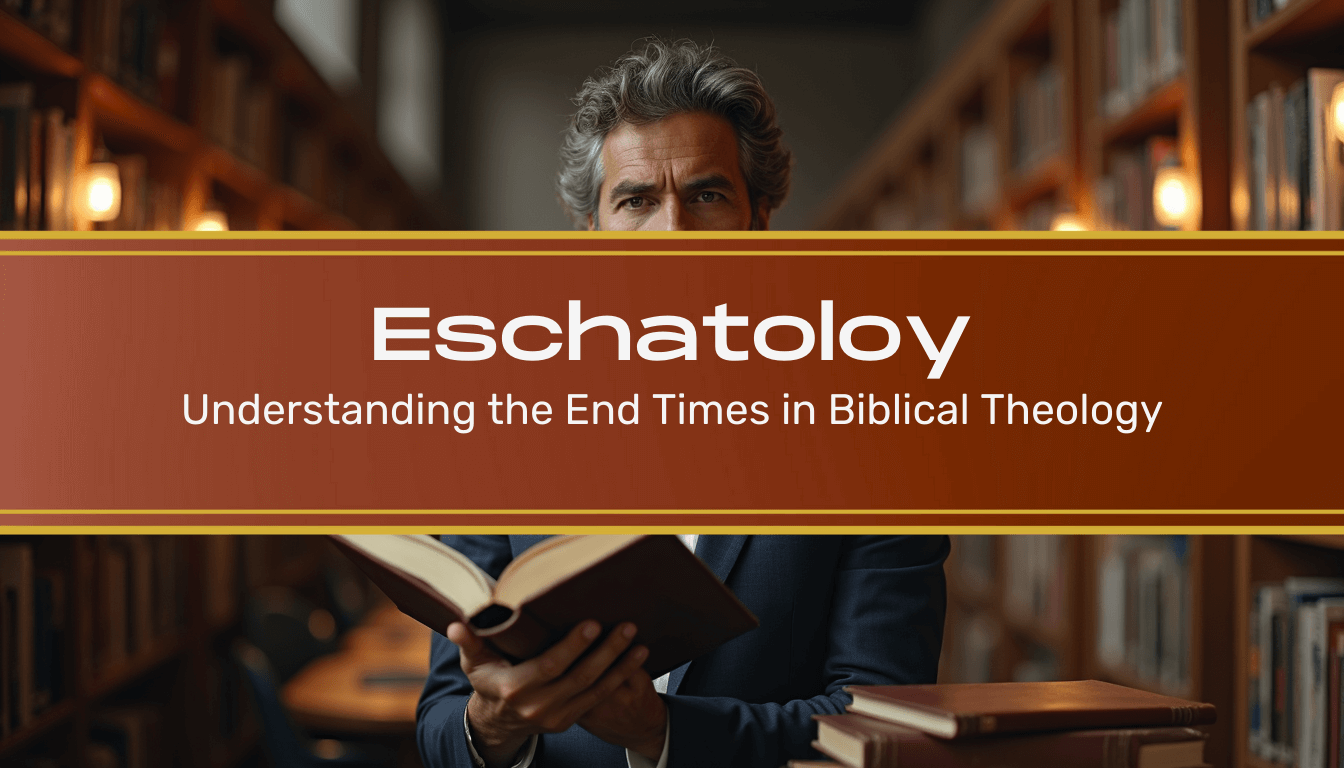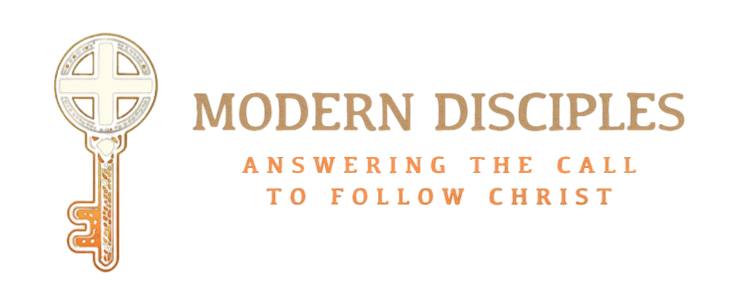
The Problem of Evil
I'll be straight with you: this is the question that keeps people awake at 3 AM. Not the cosmological argument or fine-tuning—those are intellectual puzzles. But when your kid gets cancer or your spouse dies in a car wreck, suddenly "Why does God allow evil?" becomes the only question that matters. Micro-promise: we're going to tackle this head-on, no Sunday school answers, and show you why the Problem of Evil doesn't destroy faith—it deepens it.
Here's what I've learned after years of wrestling with this question: the problem isn't that God allows evil. The problem is that we expect a universe without it. We want free will but no consequences, love without risk, growth without struggle. That's not how reality works—and maybe that's exactly the point.
The Problem of Evil is the philosophical challenge that asks: if God is all-good, all-knowing, and all-powerful, why does evil exist? It's been called the "rock of atheism" because it seems to create an impossible
contradiction. Either God can't stop evil (not all-powerful), won't stop evil (not all-good), or doesn't know about evil (not all-knowing).
But what if the question itself is flawed? What if we're asking the wrong thing entirely?
Sharp Edge: If you think God should run the universe like a cosmic helicopter parent, you've never actually thought through what that world would look like. Spoiler alert: you wouldn't want to live there.
Understanding the Challenge
The Problem of Evil comes in two flavors, and they hit differently:
The Logical Problem: Claims God and evil can't coexist logically. If God is perfectly good and all-powerful, evil shouldn't exist. Since evil obviously exists, God must not. It's clean, simple, and wrong.
The Emotional Problem: The gut-punch reality of suffering that makes faith feel impossible. This isn't about logic—it's about a mother burying her child or watching a loved one waste away from disease. Logic doesn't help when your world falls apart.
Most atheist arguments focus on the logical problem because it feels airtight. But philosopher Alvin Plantinga demolished that approach decades ago. The logical problem assumes God has no morally sufficient reasons for allowing evil. That's a massive assumption with zero evidence.
The emotional problem is harder because it's personal. When you're in the middle of suffering, philosophical arguments feel like cold comfort. But here's the thing: emotional intensity doesn't determine truth. Pain is real, but it doesn't prove God doesn't exist any more than joy proves He does.
The Free Will Defense
Here's where most discussions get it wrong: they treat free will like it's optional. It's not. Free will isn't just nice to have—it's essential for anything that makes life worth living.
Why Free Will Matters
Love requires choice. Forced love isn't love—it's programming. If God created beings incapable of choosing evil, He'd also create beings incapable of genuine love, moral growth, or meaningful relationships.
Think about it: would you rather be loved by someone who chose you, or by someone programmed to love you? The choice makes all the difference.
The Moral Landscape
Free will creates a moral landscape where choices have real consequences. Good choices lead to flourishing; evil choices lead to suffering. This isn't arbitrary—it's how moral reality works.
Remove free will and you eliminate:
Genuine love and relationships
Moral responsibility and growth
Creativity and innovation
The possibility of heroism and sacrifice
Any meaningful difference between Mother Teresa and Hitler
The Greater Good Argument
God allows evil because free will is a greater good that justifies the risk. A world with free will and the possibility of evil is better than a world without free will and no possibility of evil.
This doesn't minimize suffering—it explains why God might allow it. The capacity for evil is the price we pay for the capacity for genuine good.
Biblical Foundations
Scripture doesn't dodge the problem of evil—it confronts it directly. But the Bible's approach is different from philosophical speculation. It grounds the discussion in God's character and His redemptive plan.
The Origin of Evil
"Therefore, just as sin entered the world through one man, and death through sin, and in this way death came to all people, because all sinned." (Romans 5:12, ESV)
Evil entered through human choice, not divine decree. God created a good world, but He gave humans the freedom to choose. They chose poorly, and we're living with the consequences.
This isn't victim-blaming—it's reality-acknowledging. We live in a fallen world where natural disasters, disease, and death are part of the landscape. But that brokenness isn't God's original design.
God's Sovereignty in Suffering
"And we know that for those who love God all things work together for good, for those who are called according to his purpose." (Romans 8:28, ESV)
This doesn't mean everything that happens is good. It means God can work even evil circumstances toward good purposes. Joseph's brothers sold him into slavery—evil. But God used that evil to save nations from famine—good.
The cross is the ultimate example. The crucifixion was the greatest injustice in history—innocent blood shed by corrupt religious and political leaders. But God used that injustice to provide salvation for humanity.
God's Presence in Pain
"The Lord is near to the brokenhearted and saves the crushed in spirit." (Psalm 34:18, ESV)
God doesn't promise to eliminate suffering in this life. He promises to be present in it. That's not a consolation prize—it's everything. When you're walking through hell, you don't need someone to explain why you're there. You need someone to walk with you.
Philosophical Responses That Actually Work
The Soul-Making Theodicy
Suffering can produce character, empathy, and spiritual growth that wouldn't develop otherwise. This isn't about God causing suffering for our benefit—it's about God using suffering that already exists for redemptive purposes.
Consider: courage requires danger, compassion requires suffering to respond to, perseverance requires obstacles to overcome. A world without these challenges might be comfortable, but it would be shallow.
The Eternal Perspective
If this life is all there is, then suffering is ultimately meaningless. But if there's an eternal dimension where justice is served and wrongs are made right, then temporary suffering takes on different significance.
"For I consider that the sufferings of this present time are not worth comparing with the glory that is to be revealed to us." (Romans 8:18, ESV)
This isn't pie-in-the-sky thinking—it's rational hope based on God's promises. If God exists and is just, then ultimate justice is guaranteed, even if we don't see it now.
The Limits of Human Understanding
We see a tiny slice of reality from our limited perspective. God sees the whole picture across all time. What looks senseless to us might serve purposes we can't comprehend.
This isn't an excuse to stop asking questions—it's recognition that finite beings can't fully grasp infinite purposes. That's not a cop-out; it's intellectual humility.
Real-World Applications
When Tragedy Strikes
Don't rush to explain suffering to someone in pain. Sit with them. Cry with them. Be present. Job's friends were helpful until they started talking.
The goal isn't to solve the problem of evil in someone's living room—it's to embody God's love in their darkest moment.
When Skeptics Challenge
Acknowledge the difficulty honestly. Don't minimize real pain or offer cheap answers. But also don't let emotional arguments substitute for logical ones.
Ask clarifying questions: "What kind of world would you design? How would you handle free will? What would love look like without the possibility of rejection?"
When You're Struggling
It's okay to wrestle with God. The Psalms are full of complaints, questions, and raw emotion. God can handle your doubts and anger.
But don't let temporary confusion override permanent truth. Your feelings are valid, but they're not the final authority on reality.
The Atheist Alternative
Here's what atheism offers for the problem of evil: nothing. If there's no God, then evil isn't actually evil—it's just stuff that happens. No ultimate justice, no cosmic purpose, no hope for redemption.
Atheism solves the problem of evil by eliminating the categories of good and evil entirely. That's not a solution—it's surrender.
At least theism offers hope that suffering has meaning and that justice will ultimately prevail. Atheism offers the cold comfort that nothing matters and everyone dies.
Sharp Edge: Atheists complain about evil while borrowing the moral framework that makes evil meaningful. It's like using a ruler to prove rulers don't exist.
We don't sidestep hard topics. We face them with Scripture, honesty, and respect. Start by exploring our category pages—they're practical and built to help you think biblically. If what you find is useful, take your time and drill down into the articles within each category. If you do, you'll learn a lot—and you'll be better equipped to live like Christ.
The Existence of God - Examine the philosophical and scientific evidence for God's existence through cosmological, teleological, and moral arguments.
The Reliability of the Bible - Discover why Scripture can be trusted through manuscript evidence, archaeology, and fulfilled prophecy.
Jesus and the Resurrection - Explore the historical evidence for Christ's resurrection and why it's the cornerstone of Christian faith.
Evolution vs. Creation - Navigate the complex relationship between faith and science in understanding origins.
Intelligent Design - Discover how the complexity and fine-tuning of the universe point to an intelligent Creator.
Put This Into Practice
• Next time someone asks "Why does God allow suffering?" don't start with theology. Ask them what kind of world they'd design instead.
• Read through the Psalms and notice how often David complains to God. Wrestling with hard questions isn't unfaithful—it's honest.
• When you face suffering, resist the urge to find quick explanations. Sometimes the most faithful response is "I don't know, but I trust God anyway."
• Practice distinguishing between the logical and emotional problems of evil. They require different responses.
• Memorize Romans 8:28 and Romans 8:18. Not as magic formulas, but as anchors when life gets stormy.
Conclusion
The Problem of Evil is real, but it's not fatal to faith. Free will explains why evil exists, God's sovereignty explains how He works through it, and eternity explains why temporary suffering doesn't have the final word.
This isn't about having all the answers—it's about having enough answers to keep trusting. Evil and suffering are mysteries, but they're not evidence against God. They're reminders that we live in a broken world that needs redemption.
The cross proves God doesn't stand apart from suffering—He enters into it. That changes everything.
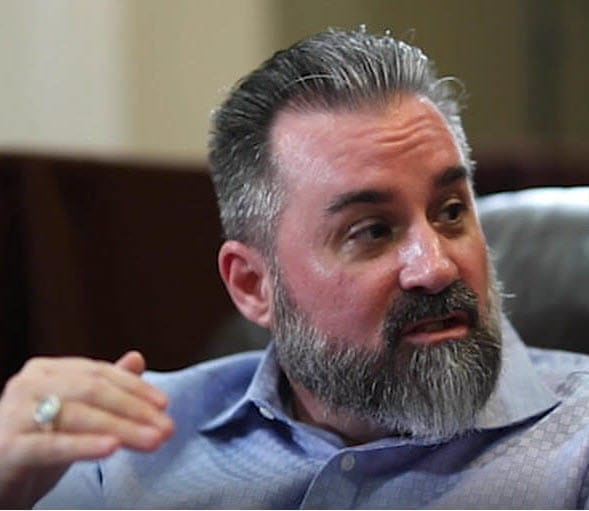
Chris Daniel, just a servant of Christ calling others to be ready. Like the Bereans, I try to examine Scripture daily to see if what I hear is true. If you're struggling to live as we're called, you're still in the fight. Don't give up.
Category 2 - Christian Apologetics

Category 3 - Bible Study

Category 4 - Theology


"Most middle-class Americans tend to worship their work, work at their play, and play at their worship. As a result, their meanings and values are distorted. Their relationships disintegrate faster than they can keep them in repair. Their lifestyles resembles a cast of characters in search of a plot." - Gordon Dahl
"The Bible is a reliable collection of historical documents written down by eyewitnesses during the lifetime of other eyewitnesses that report supernatural events that took place in fulfillment of specific prophecies and claimed their writings were divine rather than human in origin."
- Dr. Voddie Baucham on 2 Peter 1
